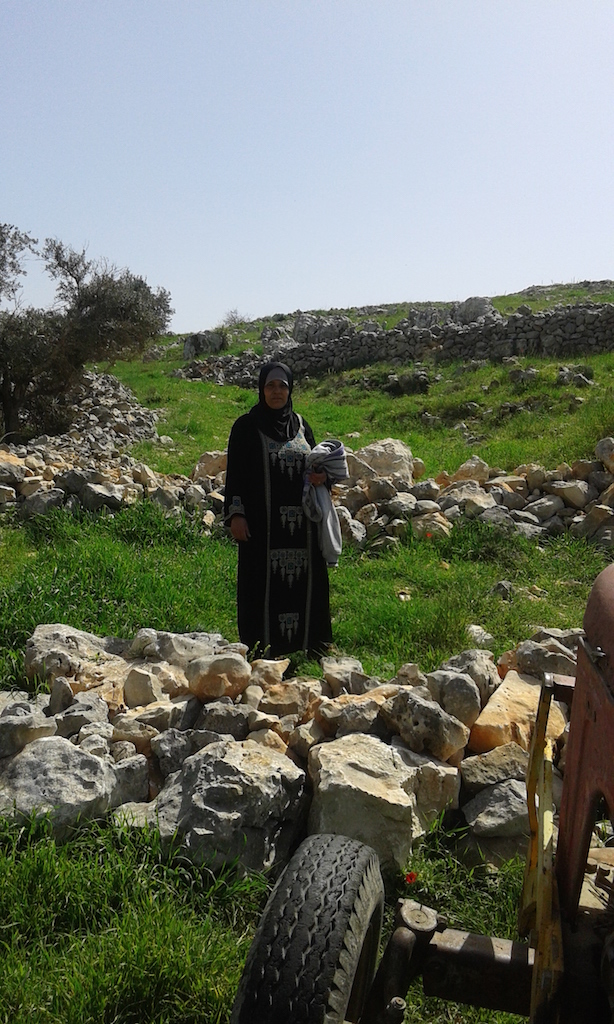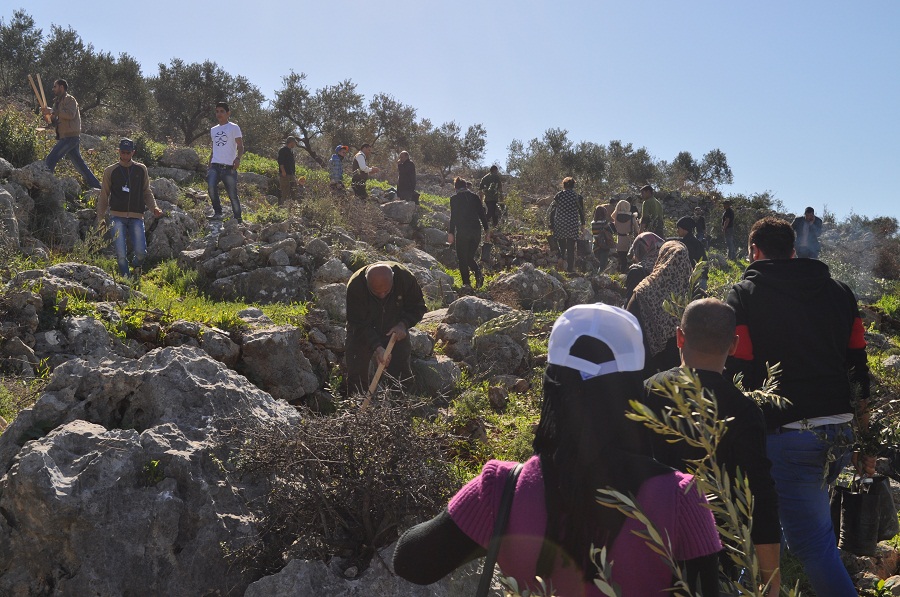Tag: Nablus
-
Ongoing harassment and restrictions on farmers around Nablus
12th March 2015 | International Solidarity Movement, Nablus Team | Burin, Salim, and Awarta, Occupied Palestine Early spring marks an important time of the year for farmers around Nablus, where critical work must be done to ensure a quality olive harvest in October. In high tension regions, where farmers risk settler attacks while accessing their land, District Coordination Offices…
-
Olive tree planting in Kafr ad Dik
7th February 2015 | International Solidarity Movement, Nablus Team | Kafr ad Dik, Occupied Palestine On the morning of February 5, ISM volunteers travelled with around 50 Palestinian activists from the Salfit area to the village of Kafr ad Dik to take part in an olive tree planting action organised by the Joint Council of Salfit…
-
Demolitions in Qusra
3rd February 2015 | International Solidarity Movement, Nablus Team | Qusra, Occupied Palestine In the early morning of February 2nd, 2015, Israeli forces demolished a two-room structure, a water well, and damaged a stone wall in Qusra, Occupied West Bank. All of the destroyed property was on land belonging to brothers Anwar and Akram Tayseer. Israeli…



